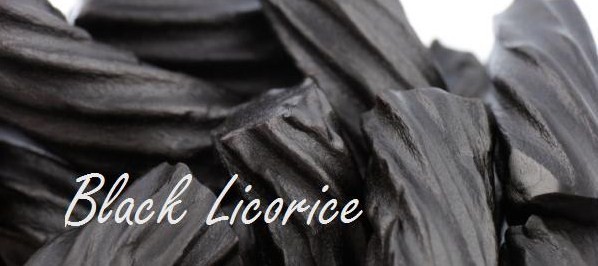I've recently finished reading Ayaan Hirsi Ali's Infidel. The book is basically her memoirs starting from her childhood in Somalia, following through her various moves around Africa and her eventual escape to Holland. I can't say enough how I think everyone should read this book. You don't have to agree with everything she says, but what's great about it is that it really makes you think and it gives you a perspective on Somalia, Somalian immigrants in the West and Western countries' stances on integrating, assimilating, accepting (whichever you believe) foreigners into their states.
One thing that sticks out is the perspective the book has given me when considering the challenges immigrants face when moving to a new country - gaining this type of perspective is invaluable to anyone who has grown up in a country as diverse as Canada. I experienced a little of what Hirsi Ali describes when she first moves to the Netherlands when I was in France, I can understand the mental cage you could so easily get trapped inside if you react negatively to the challenges that face you instead of taking them on. There were times when all I wanted to do was surround myself with other English speakers - I could have so easily hid away in an English community. I wouldn't dare to say that my experience in France was as challenging as someones who is first arriving in the West, but I can see that the temptation to reject a new culture, language etc. is there and I can see how it can be so appealing. What Hirsi Ali does is give you the background to understand the differences in Somalian cultural (inevitably tied with religious) values and the way they transfer themselves to a Western country. This hit home having had a few friends in the past whose actions have definitely eluded me. I wouldn't take Hirsi Ali's word as truth, she writes from her point of view, but what she has to say is definitely enlightening.
Yet, to counter this perspective, Hirsi Ali harshly critiques the Dutch (and other Western countries') tendency to favour cultural relativism when accepting immigrants' cultures, religions, and values into their commuities. For someone who spent 4 years of her undergrad discussing the issue of cultural relativity, I've never really considered this one before. It's sometimes hard to turn the finger on your own culture, but Hirsi Ali forces you to. She basically says that the Dutch (she doesn't lump all Western countries together, but I think the critique can apply to many of them) are too accepting to a fault - that allowing Somalian, and other immigrant communities, to continue living as they did in their home countries is detrimental to Dutch culture, values and eventually to the stability of the state itself. Once she forced me to, I can see where this comes from. Just look at my undergrad - anthropology is a subject that is pretty much dedicated to understanding other cultures, answering the 'why's' of different groups of people. And its a subject that sprung up in the west (yes, it didn't have the most cleanliest of beginnings, but it arose from the need to understand). I would argue that this need is part of our culture, and its something like a large scale example of 'curiousity killed the cat' that she is warning us of. We learn, we digest, we understand up to the point where Hirsi Ali claims we could deteriorate the environment that was such a safe-haven for refugees like herself. To hear this from someone on the outside, who critiques the way the country, which accepted her as a refugee, allows her people to continue living the way they did in Somalia, is definitely effective.
I originally intended just to tell you to go read the book, I could go on for longer but I think its better if you just pick it up yourself and see what you get out of it. It's not a hard book to read, sometimes repetitive, but definitely worth it.

No comments:
Post a Comment